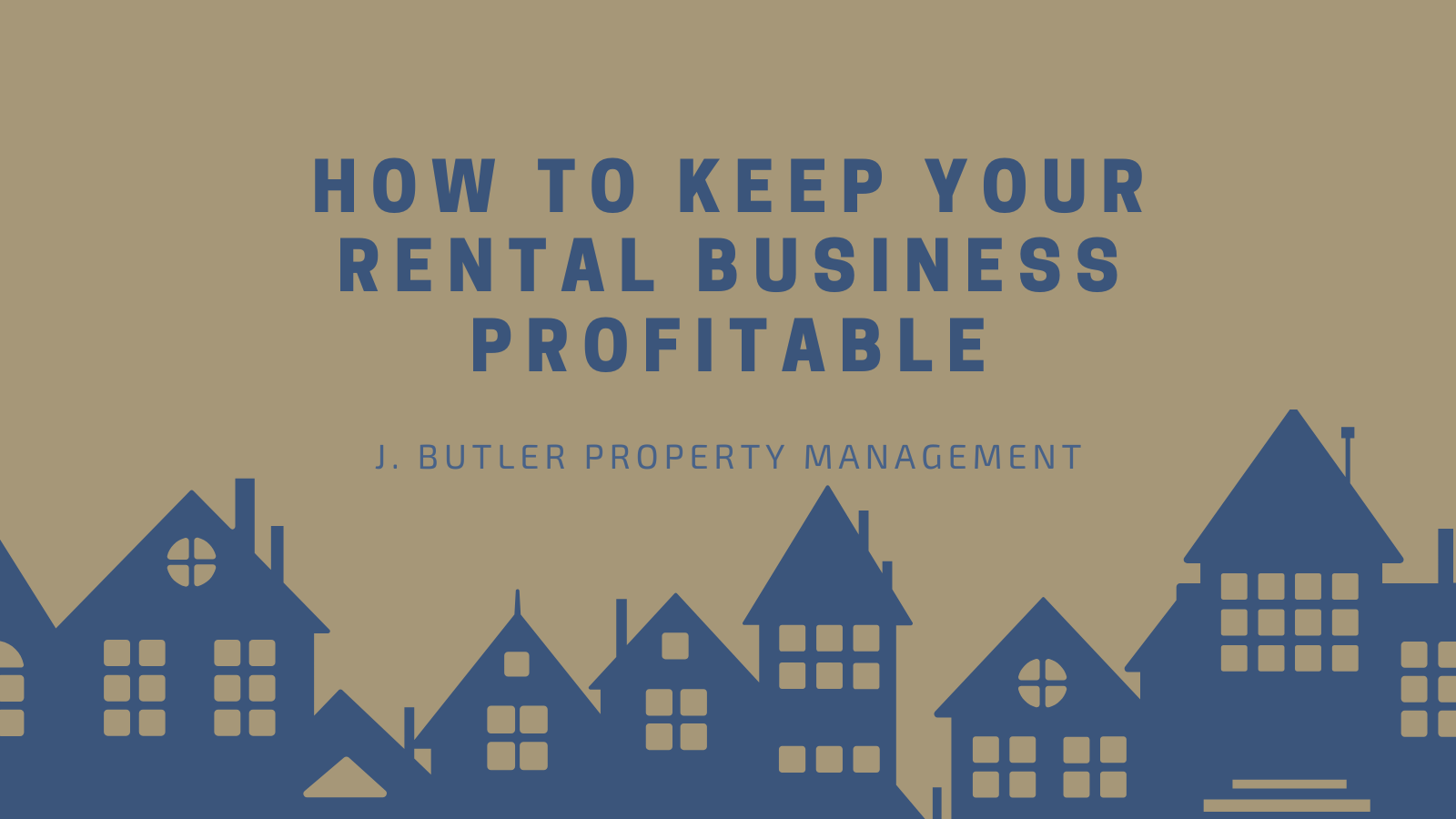
How to Keep Your Rental Business Profitable
September 29, 2025
How to Keep Your Rental Business Profitable
Key Takeaways
- Positive cash flow is the foundation of a profitable rental business, providing stability and growth opportunities.
- Calculating cash flow requires tracking rental income, expenses, and mortgage payments.
- Landlords can strengthen cash flow by screening tenants carefully, reducing turnover, and exploring added revenue streams.
- Partnering with a professional property management company helps maximize income and minimize risk.
Cash flow is the money left over after you collect rent and pay all operating expenses, mortgage payments, taxes, and other property costs. When the result is positive, your rental is profitable.
For example, if you collect $2,500 in monthly rent for a unit in Somerville and your combined mortgage, taxes, insurance, and maintenance costs total $2,000, your monthly cash flow is $500. That surplus is what makes the property worthwhile and supports long-term portfolio growth.
J. Butler Property Management has put together this guide to help you understand how cash flow works, calculate it accurately, and apply practical strategies to keep your rental business profitable year after year.
Why Cash Flow Matters for Landlords
Positive cash flow is more than extra income—it provides stability and supports long-term success.
- Cushion for Expenses: Extra funds cover unexpected repairs like furnace replacements or roof fixes.
- Debt Repayment and Equity Growth: Consistent income helps you pay down your mortgage and build equity.
- Portfolio Expansion: Strong cash flow makes it easier to qualify for loans and purchase additional properties.
- Financial Security: Profitable rentals provide peace of mind, whether for retirement planning or supplemental income.
How to Calculate Cash Flow
The basic formula is straightforward:
Cash Flow = Rental Income – Operating Expenses – Mortgage Payments
Example:
- Monthly rent: $2,800
- Pet fees: $50
- Total rental income: $2,850
Expenses:
- Mortgage: $1,500
- Taxes and insurance: $500
- Maintenance and reserves: $300
- Property management: $250
- Total expenses: $2,550
Cash Flow: $2,850 – $2,550 = $300/month

Even modest positive cash flow adds up over time and strengthens your financial position. Over the course of a year, that $300 amounts to $3,600, which can be reinvested into upgrades, used as reserves for major repairs, or saved toward future down payments.
This steady surplus is what makes rental properties a reliable wealth-building tool. By regularly monitoring your numbers and accounting for seasonal variations, you can make sure your investment consistently moves in the right direction.
Common Challenges That Affect Cash Flow
Landlords in Massachusetts face unique challenges that can impact cash flow:
- High Property Taxes: Communities near Boston often carry higher tax burdens. While these areas may also command stronger rental rates, landlords need to carefully budget to ensure margins remain healthy.
- Seasonal Vacancy: Properties near universities and colleges experience fluctuating demand tied to the academic year. Planning for turnover in advance helps offset this seasonality.
- Rising Maintenance Costs: New England weather brings extra expenses, from plowing driveways in winter to addressing moisture issues in summer.
- Regulatory Considerations: Although rent control isn’t statewide, ongoing policy discussions highlight the importance of staying updated to protect income.
Strategies to Improve Rental Cash Flow
Improving cash flow requires a mix of strong operations and smart financial planning.
- Screen Residents Carefully: Consistent rent payments and fewer turnovers come from placing reliable tenants.
- Adjust Rent Strategically: Review local market rents and update pricing to reflect current demand.
- Reduce Turnover: Respond quickly to maintenance needs, offer renewal incentives, and build strong tenant relationships.
- Stay on Top of Maintenance: Preventive work, like servicing heating systems before winter, helps avoid costly emergencies.
- Explore Additional Revenue Streams: Consider offering amenities such as parking, laundry, or furnished units.
Refinance When Possible: Lowering your interest rate can reduce monthly expenses and increase profitability.

The Role of Professional Property Management
Professional property management plays a key role in strengthening cash flow. By working with property management companies like J. Butler Property Management, Massachusetts landlords benefit from:
- Accurate Pricing: Market insights ensure competitive rental rates that attract quality tenants without leaving money on the table.
- Efficient Leasing: Professional marketing reduces vacancies, fills units faster, and helps keep income consistent year-round.
- Thorough Screening: Full background, employment, and rental history checks place dependable residents who pay on time.
- Maintenance Coordination: Vendor relationships secure cost-effective repairs and faster response times.
- Financial Reporting: Clear statements track income, expenses, and overall profitability.
Beyond these services, property managers provide peace of mind. With experts handling day-to-day operations, landlords can focus on long-term goals, expand portfolios, and enjoy smoother rental experiences.
Conclusion
Cash flow isn’t a one-time calculation; it requires consistent tracking and proactive management. By understanding local rental dynamics, budgeting wisely for taxes and seasonal costs, and prioritizing tenant satisfaction, landlords can ensure their properties remain profitable year after year.
Cash flow is the backbone of every successful rental property business. By applying smart strategies and leveraging professional support, landlords across Massachusetts can achieve consistent returns, grow their portfolios, and enjoy long-term financial security.
Want to maximize your rental property’s cash flow? Contact J. Butler Property Management today for expert guidance and full-service management solutions.


